ICMR and Zydus Lifesciences initiate second phase proof-of-concept trial for Desidustat in patients with sickle cell disease
“Desidustat was invented in India, and patients with sickle cell disease need therapies in addition to the currently available drug Hydroxyurea. So our vision is to ensure that India continues to lead in the development of innovative and affordable healthcare solutions,” Rajiv Bahl, Secretary, Department of Health Research, and Director General, ICMR, said.
The council added that, currently, therapeutic options for the management of sickle cell disease are limited. Hydroxyurea reduces the frequency of painful crises in sickle cell disease, but is not universally effective[,] and [is] associated with side effects like neutropenia and thrombocytopenia. Blood transfusions are expensive, not uniformly accessible, and are accompanied by risks including alloimmunization, haemolysis, and transfusion iron overload,’’ the ICMR noted.
Desidustat has been discovered at Zydus Lifesciences’s research and development labs, and was recently approved for treatment of anaemia in chronic kidney disease patients.
“This Phase IIa, double blind, randomized, placebo controlled, parallel, multicenter, proof-of-concept study, co-funded and co-monitored by Indian National Clinical Trial and Education Network, Clinical Studies and Trial Unit, Division of Development Research, ICMR, will evaluate the efficacy and safety of Desidustat oral tablet for treatment of sickle cell disease,” a release issued by the ICMR said.
Pankaj Patel, chairperson of Zydus Lifesciences Limited, added that the initiation of the study reaffirms hope for the 20 million sickle cell disease-affected patients in the country for a high-potential novel treatment.
In India, sickle cell disease is a significant public health concern, particularly among certain tribal populations where its prevalence is higher. According to the National Health Mission’s estimates, there are approximately 20 million sickle cell disease-affected patients in the country. Every year, 50,000 children with sickle cell anaemia are estimated to be born in India.
The Central government has recognised the significant impact of sickle cell disease on public health, particularly among tribal populations, where the prevalence of the disease is higher.
Published - October 14, 2024 07:09 pm IST
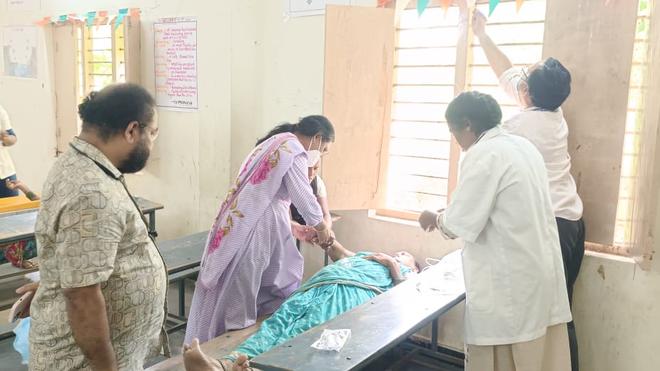


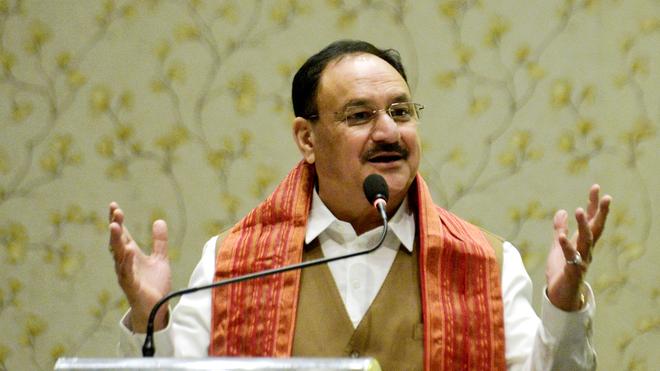

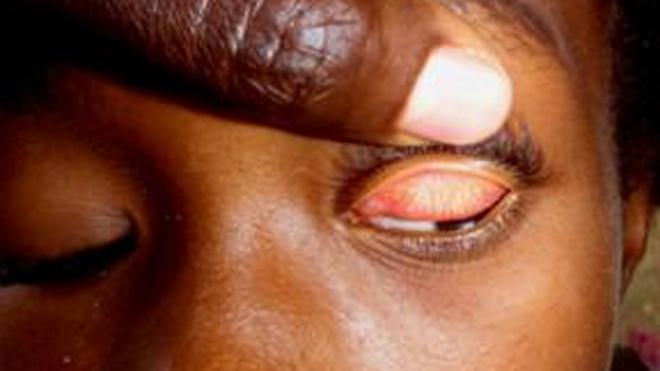
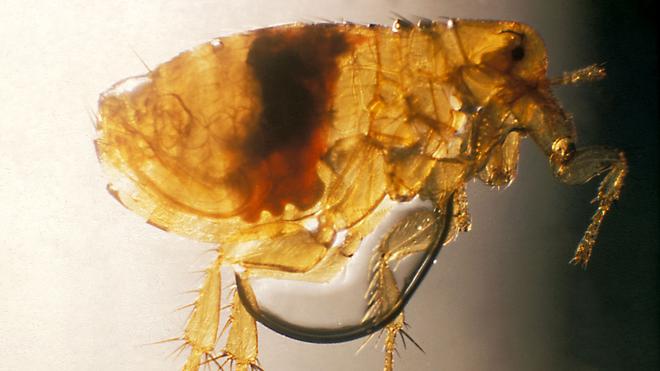
)



)







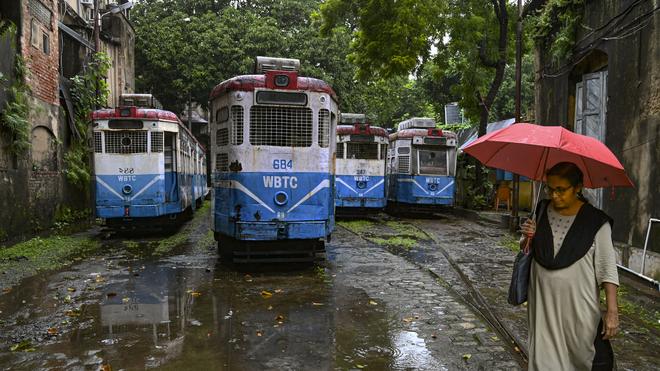





)